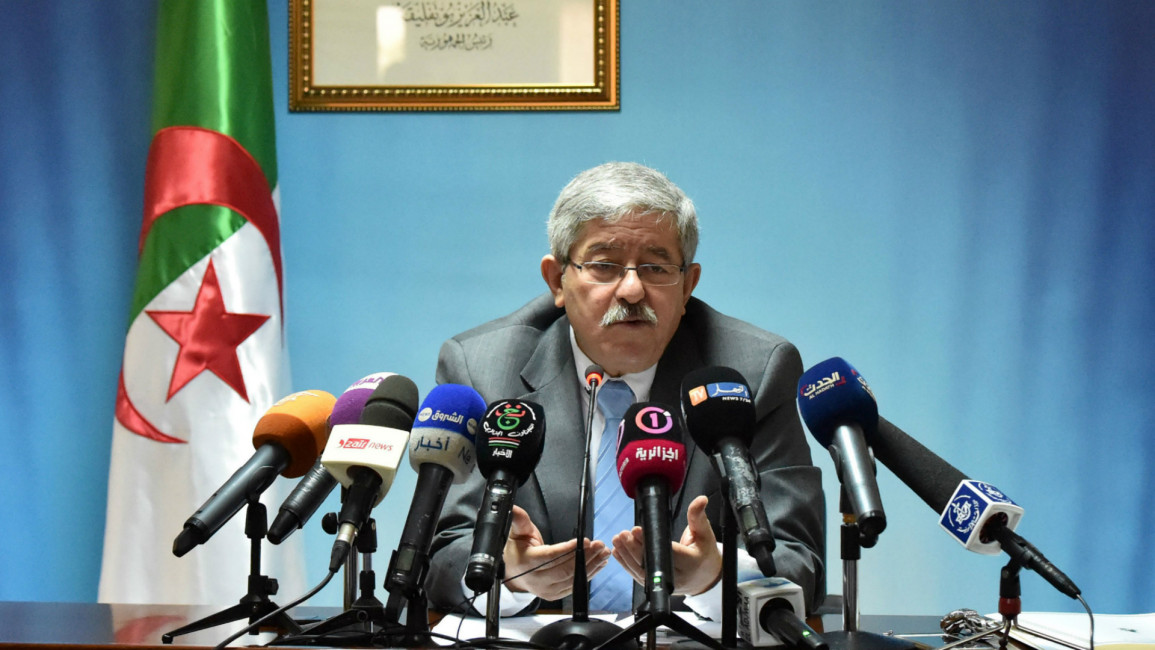Algerian presidency appoints Ahmed Ouyahia as prime minister
Algeria's President Abdelaziz Bouteflika has appointed Ahmed Ouyahia as prime minister, following the dismissal of Abdelmadjid Tebboune on Tuesday after less than three months on the job.
The presidency issued a statement confirming the appointment but gave no reason for the change.
Ouyahia had previously served three terms as prime minister and was most recently serving as Bouteflika's chief of staff.
"President Abdelaziz Bouteflika on Tuesday relieved Prime Minister Abdelmadjid Tebboune of his duties and appointed Ahmed Ouyahia", the statement said.
Bouteflika's National Liberation Front (FLN) and the Rally for National Democracy (RND) headed by Ouyahia together enjoy an absolute majority in parliament after winning re-election on May 4.
In a surprise move three weeks after the vote, the president named Tebboune, who had been housing minister, to the post of prime minister in place of Bouteflika's ally Abdelmalek Sellal.
According to a government source who spoke to AFP on condition of anonymity, 71-year-old Tebboune was dismissed because his "vision was not in line" with that of the president.
The source also cited communication problems between them.
Critics have questioned Bouteflika's ability to govern since a 2013 stroke, but the president's inner circle has insisted he has fully exercised his powers.
Tebboune's successor, 65-year-old Ouyahia, has been a major figure in Algerian politics over the past two decades and has served the president zealously despite sometimes complicated relations.
Algerians have nicknamed him "Mr Dirty Work", after he said he had been given the thankless task of carrying out tough economic reforms demanded by the International Monetary Fund during the country's decade-long civil war.
The North African country weathered the 2011 Arab Spring uprisings with massive spending on wages and subsidies that depleted government coffers.
But a 2014 slump in crude oil prices forced the government to raise taxes and mothball many public projects.
Today, in a country of 40 million where half the population is under 30, a third of young people are unemployed.
Agencies contributed to this report.

![Widespread famine is imminent in Gaza [Getty Images]](/sites/default/files/styles/image_330x185/public/2024-03/GettyImages-2015647000.jpg?h=199d8c1f&itok=mJWWP_Td)

